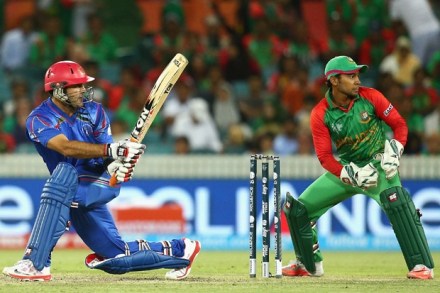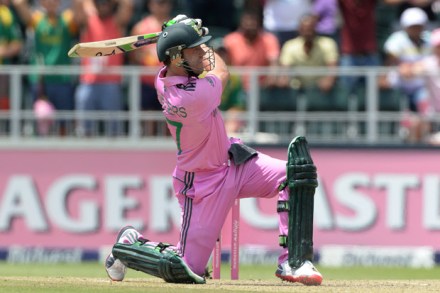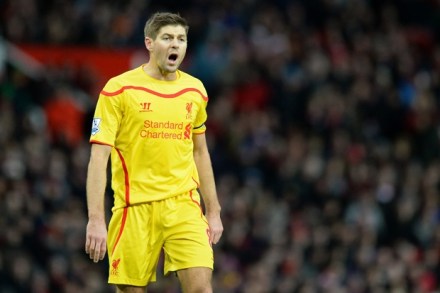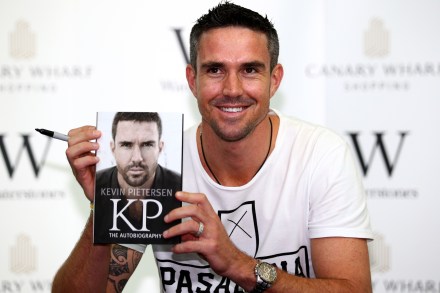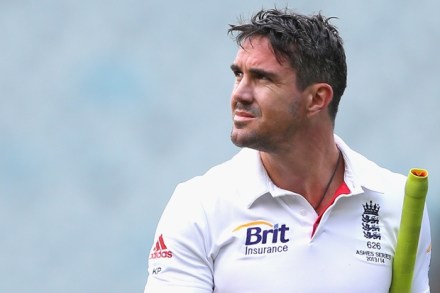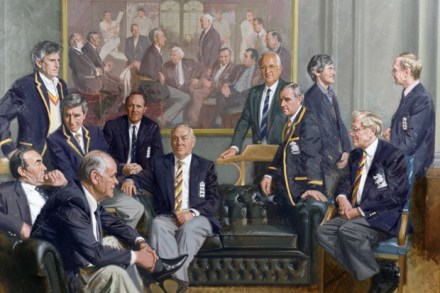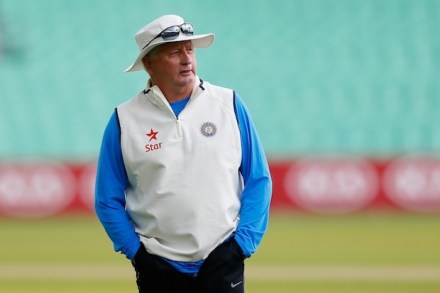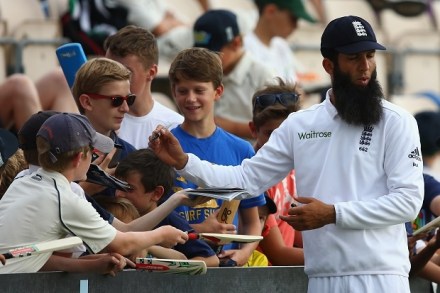I miss the days when French rugby was great. Thierry Dusautoir must, too
It used to be such a treat of a winter weekend, sitting down to watch France against Wales in Paris in the Six Nations. And not just because of the anthems. There would be the prospect of seeing players like Sella, Serge Blanco, the Williamses, JJ and JPR, Philippe Saint-André, Scott Gibbs, Rives, Jenkins — an almost endless list of exquisite, fluid runners, the essence of rugby genius. Now less so. It’s Mathieu Bastareaud and Jamie Roberts, a fifth of a ton of gristle and bone, banging into each other. The main question now is quite how poor Les Bleus will be. You can see it all in the resigned



